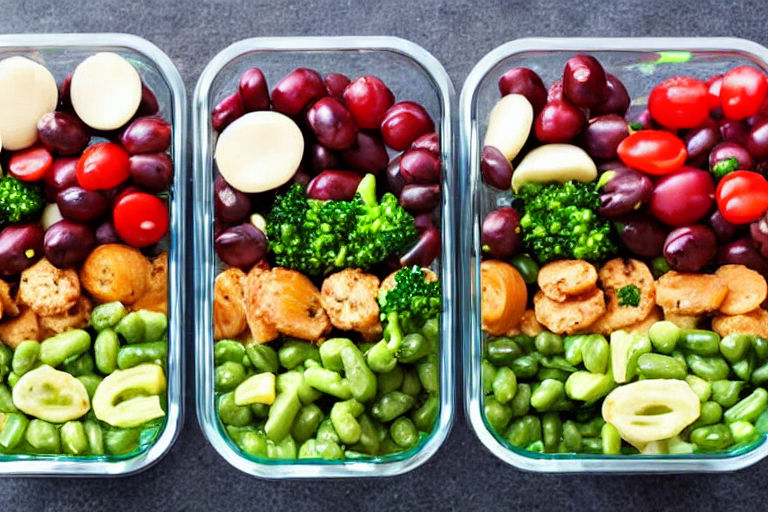The Ultimate Guide to Meal Planning and Grocery Shopping on a Tight Budget
Grocery shopping and meal planning can be challenging, especially when you are on a tight budget. A little planning, however, can go a long way in helping you to save money and feed your family healthy, nutritious meals. In this guide, we will give you tips for meal planning and grocery shopping on a tight budget that will help you to eat well without breaking the bank.
Plan Your Meals Ahead of Time
Planning your meals ahead of time is critical when it comes to saving money on groceries. Take some time each week to plan out your meals for the week ahead. This will give you a clear idea of what you need to buy at the grocery store, and prevent you from buying unnecessary items.
Make a List and Stick to It
Once you have your meal plan for the week, make a list of the items you need to buy. Stick to the list when you go to the grocery store and avoid impulse purchases. Impulse purchases can add up quickly, so it's important to stick to your budget.
Shop Around for the Best Deals
Do not limit yourself to one grocery store. Shop around for the best deals on items on your list. You may find that one store has better deals on produce, while another has better deals on meat. By shopping around, you can save a significant amount of money.
Buy in Bulk
Buying in bulk can save you money in the long run. Items such as rice, pasta, and canned goods can all be purchased in bulk. These items have a long shelf life and do not need to be used immediately.
Use Coupons and Discount Codes
Coupons and discount codes can save you money on groceries. Take some time each week to look for coupons and discounts on items on your list. You can find coupons in newspapers, online, and in grocery store flyers.
Avoid Processed and Packaged Foods
Processed and packaged foods can be expensive and often lack nutritional value. Instead, opt for fresh produce, grains, and proteins. These items are often cheaper and healthier.
Cook at Home
Eating out can be expensive. Cook your meals at home instead. This will not only save you money but will also enable you to control the quality and freshness of the ingredients you use.
Use Leftovers
Do not throw away leftovers. Use them in the following day's meals or freeze them for future use. This will save you money on groceries and reduce food waste.
Conclusion
By following these tips, you can save money on groceries and feed your family healthy, nutritious meals. Plan your meals ahead of time, shop around for the best deals, buy in bulk, use coupons and discounts, cook at home, and avoid processed and packaged foods. With a little planning, you can eat well without breaking the bank.





